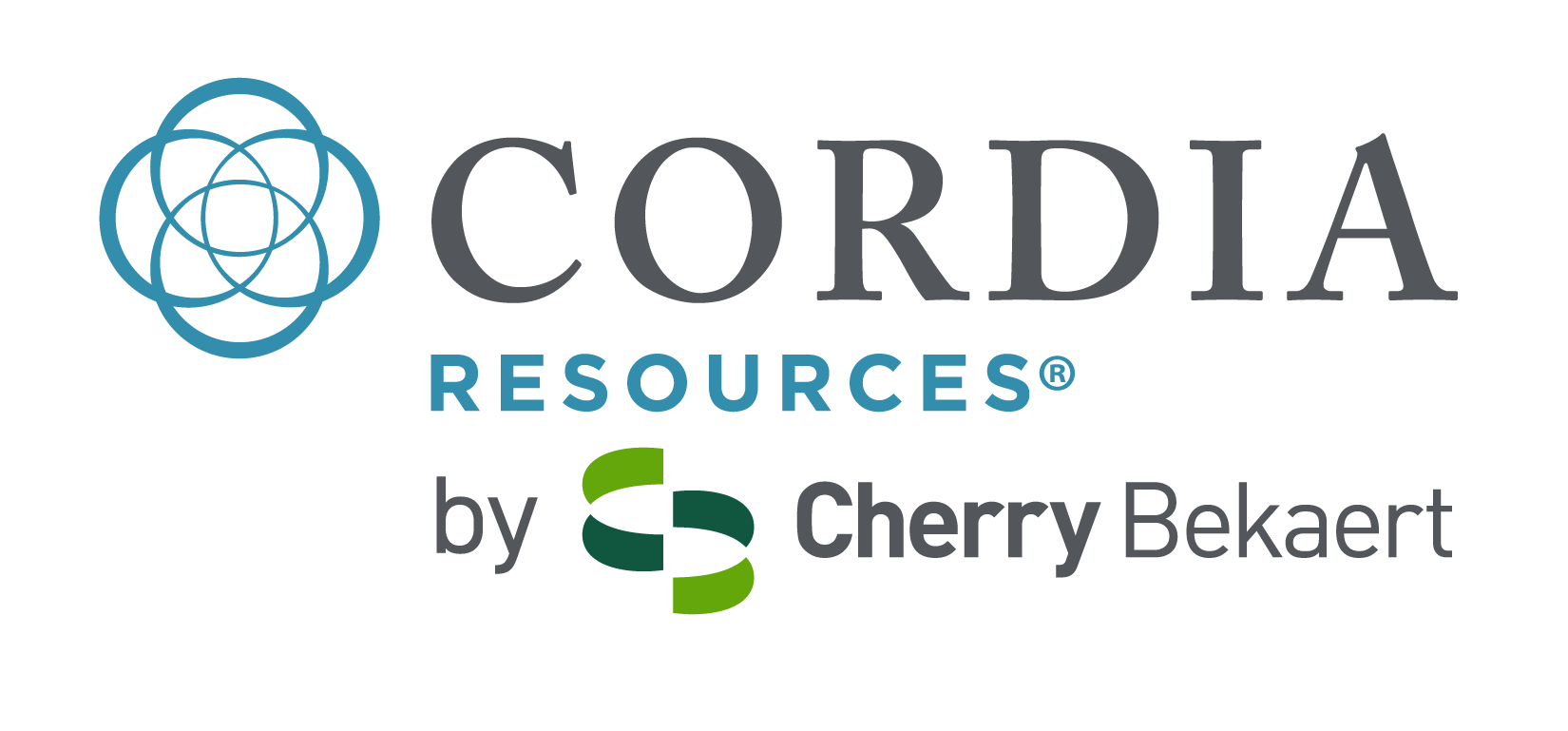Financial recruiting and candidate screening involves a long list of tasks and must-dos that carry over across a wide range of industries. Like candidates in any field, financial applicants will have to demonstrate basic competence, ambition, and all of the credentials demanded by the position in terms of education and experience. But recruiting candidates for a financial position will require a few extra details unique to this sector, and recruiters shouldn’t let a screening interview end without an additional investigation into these areas.
Knowledge of Specific Financial Instruments
Does your company (or client company, if you’re acting as an outside recruiter) deal heavily in credit derivatives? Or fixed income securities, or radical futures? Make sure your candidate can maintain an intelligent conversation about the mechanisms behind the company’s primary financial instrument. Even if the position won’t specifically involve handling trades, the candidate should still have a basic understanding of how the instrument works, which may require a few days of quick study. A willingness to put time into this research should place the candidate in better standing.
Concrete Accomplishments
Ambition is important, and so is education. But don’t be so drawn in by a candidate’s attitude, enthusiasm, and use of buzzwords that you forget to investigate her actual track record. What quantifiable results has she generated for previous employers? What company goals has she supported in a material and measurable way? If you’re a recruiter presenting a candidate to a firm, try to represent these accomplishments with readable charts and graphs.
Personal Goals
Take a close look at a candidate’s personal goals, both long and short term. Where does he want to be in three, five and ten years, and are you sure this position can help him get there? If the company’s goals align with the candidate’s future plans, and this position represents a clear path to the next step for both parties, that’s a win. If the position is a dead end, a wrong turn, or even a slight mismatch, the candidate will figure this out eventually, and this may happen after the company makes a considerable investment in the new employee’s onboarding and training process.
Network Strength
It’s a good sign if the candidate has a wide, strong network of recognizable contacts in the field. Recruiters can ask about this directly, but they can also explore the candidate’s LinkedIn or other social media profiles to look for familiar names and associations. Of course, a social media search shouldn’t make or break an applicant’s candidacy, but it can provide some shades of helpful insight for a savvy recruiter. It may also provide additional candidate leads that could be promising.
If you’re casting a wide net, struggling with a hard-to-staff position, or doing everything you can to identify ideal financial candidates for your firm, reach out the Washington DC staffing experts at Cordia. We have the sourcing, screening and recruiting experience you need to find the perfect match.


